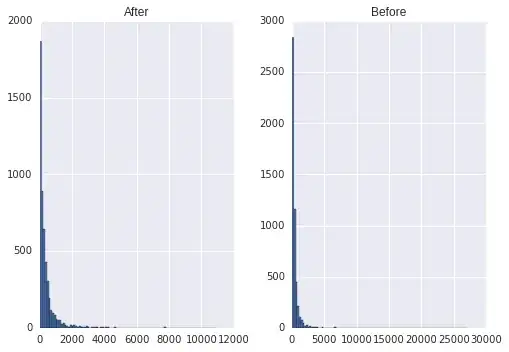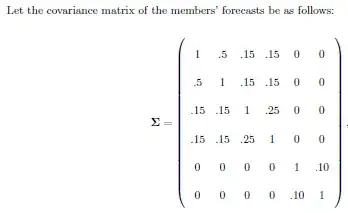It has been known for quite some time that the youngest age at which chess players managed to qualify for the grandmaster title has significantly decreased since the 1950s, and there are currently almost 30 players who became grandmaster before their 15th birthday. However, there is a question on Chess Stack Exchange that asks, What is the average age to become a grandmaster?.
Someone posted an answer for which he (I assume it's a he) looked at six subsets of grandmasters and found the following results:
- For players born after 1945, the average is slightly above 26 years old.
- For players born after 1970, the average is slightly above 23 years old.
- For players born after 1975, the average is slightly above 22 years old.
- For players born after 1980, the average is 21 years old.
- For players born after 1985, the average is just shy of 20 years old.
- For players born after 1990, the average is 18.5 years old.
(It is not entirely clear to me whether, e.g. the first group contains all grandmasters born after 1945 (which makes it a superset of the next group) or only those born between 1945 and 1970 (age bands). I think it's the former and that my question applies in both cases.)
The issue is that players born after 1990 were younger than 26 when the answer was posted (July 2015), so it would be impossible to get an average "GM age" of 26. The youngest subset in the answer naturally cuts off anyone who was over 25, while the "older" subsets don't. Doesn't this skew or bias the results? (Is this a type of selection bias? I have no background in statistics, and reading several related Wikipedia entries did not help.) If yes, how should (or can) this be mitigated? In the "older" groups, should the calculation of the average for GM title qualification only consider players who got the title before the age of 26?

